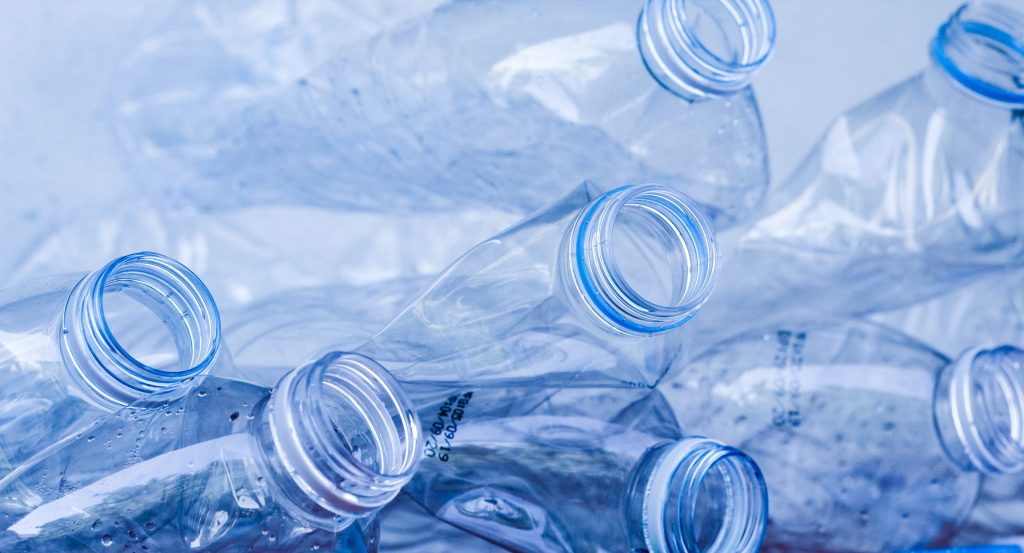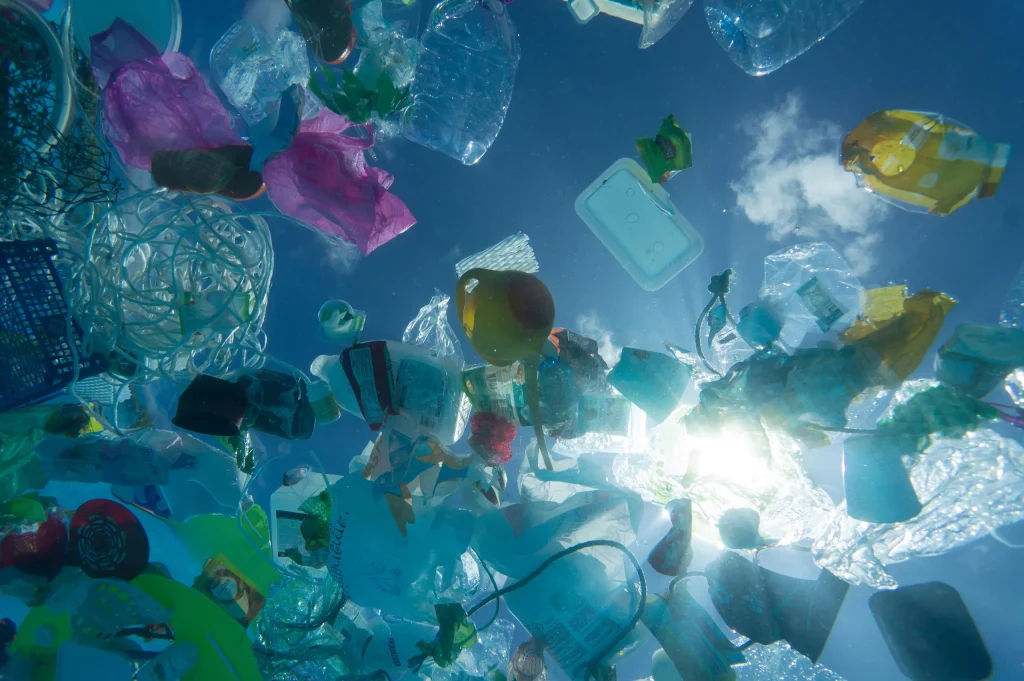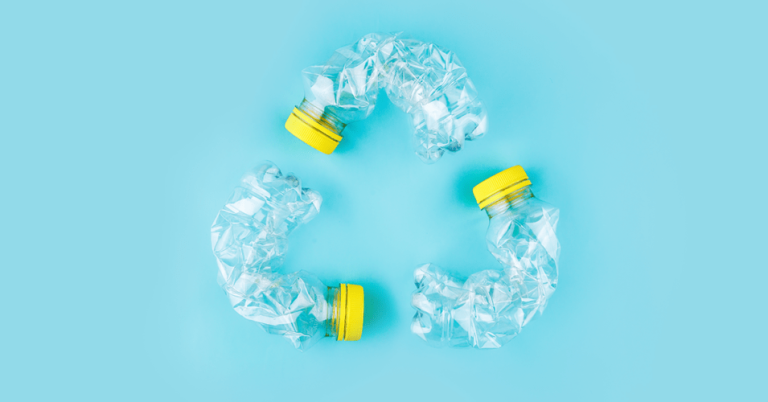The widespread use of plastic has had a profound effect on our environment. Plastic is a durable material that does not decompose, which means it can stay in the environment for centuries. As more and more plastic is produced, it is ending up in our oceans, where it is harming marine life.
The good news is that the negative impacts of plastic can be reduced by recycling and using less plastic. We can all do our part to help the environment by using less plastic and recycling what we use. So take a break from Bob Casino and check out how you can do your part.
Composting

Most people think of composting as something that only farmers do to turn food waste into something useful, but you can actually compost at home too!
Composting is simply the process of breaking down organic matter, such as food scraps and yard waste, into a nutrient-rich soil amendment that can be used to improve the health of your plants.
There are many different ways to compost at home, but one of the easiest is to simply throw your food scraps and yard waste into a bin or pile in your backyard. As the material decomposes, it will release valuable nutrients that your plants will love.
If you want to get a head start on your composting, you can also purchase a compost bin or tumbler. These devices will help speed up the decomposition process, making it even easier to turn your waste into valuable compost.
No matter how you choose to compost at home, the important thing is that you’re taking steps to reduce the amount of waste that ends up in landfills. Not only is composting good for the environment, it’s also a great way to give your plants the nutrients they need to thrive.
Upcycling

Upcycling is a fun and easy way to breathe new life into old items around your home. With a little creativity, you can transform mundane items into unique pieces that reflect your personal style.
There are endless possibilities for upcycling projects around the home. You can start small, with something as simple as turning an old coffee table into a new piece of art. Or, you can go big and upcycle an entire room.
Here are a few tips to get you started:
- Think outside the box: When it comes to upcycling, there are no rules. Get creative and think outside the box when it comes to repurposing items.
- Have a plan: Once you’ve decided what you want to upcycle, take the time to plan your project. This will help you avoid any costly mistakes along the way.
- Get organized: Before you start your project, make sure you have all the supplies you need. This will save you time and frustration in the long run.
- Take your time: Upcycling projects can be time-consuming, so be patient. The end result will be worth the effort.
- Have fun: Remember, the whole point of upcycling is to have fun. So relax, enjoy the process, and let your creativity flow.
Reducing
Many people are unaware of how much waste they produce on a daily basis. There are ways to be more conscious of the waste you create and ways to reduce waste at home.
- Be cautious of what you buy: think about what you really need and what can be replaced with a more sustainable option.
- Educate yourself and others: learn about the impacts of waste and share that information with family and friends.
- Invest in quality items: buy items that are made to last and can be reused or recycled instead of disposing of them after a short period of time.
Waste reduction is a process that requires effort and change, but it is worth it for the sake of our planet. Every little bit helps, and by making an effort to reduce waste at home, we can all make a difference.
